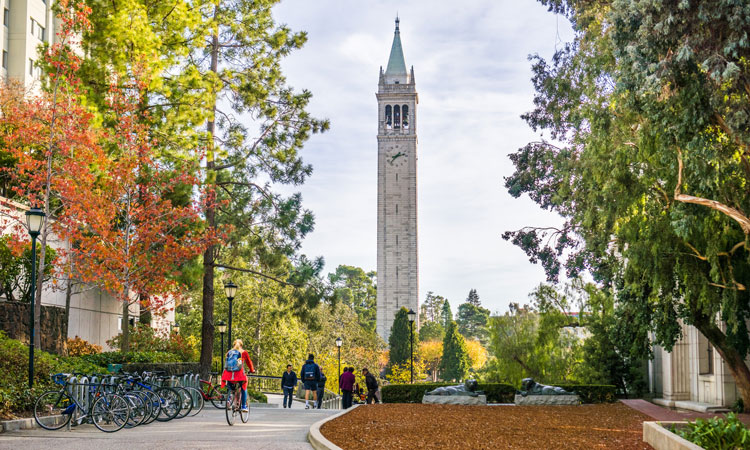Groupe ADP collaborates with UC Berkeley on sustainability research
- Like
- Digg
- Del
- Tumblr
- VKontakte
- Buffer
- Love This
- Odnoklassniki
- Meneame
- Blogger
- Amazon
- Yahoo Mail
- Gmail
- AOL
- Newsvine
- HackerNews
- Evernote
- MySpace
- Mail.ru
- Viadeo
- Line
- Comments
- Yummly
- SMS
- Viber
- Telegram
- Subscribe
- Skype
- Facebook Messenger
- Kakao
- LiveJournal
- Yammer
- Edgar
- Fintel
- Mix
- Instapaper
- Copy Link
Posted: 15 November 2019 | International Airport Review | No comments yet
The collaboration will involve UC Berkley working with Groupe ADP on a research project that tackles airport sustainability issues.


Groupe ADP and University of California (UC) Berkeley have signed a partnership agreement to work together on a research project that will aim to tackle airport sustainability issues.
Work will be undertaken within the Civil and Environmental Engineering Department (CEE) of UC Berkeley, conducted by the university’s Airport Design Studio – a specialised lab dedicated to airport research within the CEE. The partnership will enable both parties to examine various aspects of the future of air travel, including sustainability, urban air mobility and electric aircraft.
Head of the Airport Design Studio at UC Berkeley, CEE faculty member and Deputy Director of the UC Berkeley National Center of Excellence for Aviation Operations Research (NEXTOR), Dr Jasenka Rakas, said: “I am very pleased to start this research project with Groupe ADP, which will enable, thanks to its worldwide network, applied research on one of the most sensitive and important fields for airport sustainability and civil engineering.”
Research will be headed by Fiona Greer, an M.S. graduate and PhD candidate, under the supervision of Rakas. The project will enable students to fully assess the utilisation of efficient air conditioning and heating devices over auxiliary power units (APU) when the aircraft are at the gate, and analyse implications in airport infrastructure and policies in the development of future airports.
Edward Arkwright, Deputy CEO of Groupe ADP, said: “Groupe ADP is glad to partner with Dr. Rakas’ teams at Berkeley to launch path-breaking scientific research that will better understand airport policies worldwide and contribute to the Group’s commitment in terms of sustainability”.
The project reflects Groupe ADP’s commitments to sustainability in order to develop and uphold the highest environmental standards, to compensate 100 per cent of its residual carbon emissions by 2030, and to reach complete carbon neutrality by 2050.


















